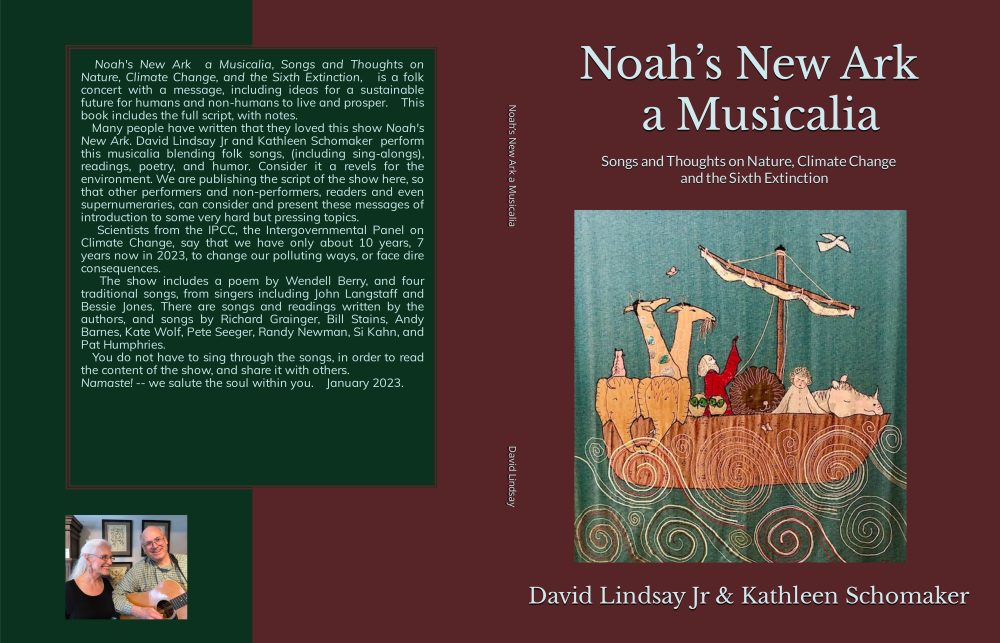By Jonathan Ellis and
Dr. Ellis is a philosophy professor. Ms. Hovagimian is a law student.
-
- 284

CreditCreditRichie Pope
“What do conservative political figures like Ted Cruz, Steve Bannon, Karl Rove and Richard Nixon have in common with liberal politicians like Elizabeth Warren, Andrew Yang, Kamala Harris and Bill Clinton? They all honed their skills of rhetoric, reasoning and persuasion on school debate teams.
That’s no surprise. Excelling in school debate opens many academic and professional doors, conferring prestige and signaling exceptional verbal and logical aptitude. Some of those skills will no doubt be on display at the Democratic presidential primary debate on Tuesday.
But while school debate can be good for aspiring politicians, it may not be good for our politics. In particular, it may contribute to the closed-minded, partisan and self-interested nature of so much of today’s public and political dialogue.
Why? Because school debate ultimately strengthens and rewards biased reasoning.
In traditional debate competitions, teams are assigned at random to argue one or the other side of an issue. Each round, one team is assigned the affirmative view — say, “Recreational drug use should be legalized” — and the other team, the negative. That means teams start with a conclusion, whether they endorse it or not, and work backward from there, marshaling the best arguments they can devise to make that conclusion come out on top.
The goal is not to determine the most reasonable or fair-minded approach to an issue, but to defend a given claim at all costs. This is an exercise not in deliberation but in reasoning with an agenda.”
David Lindsay: This essay turned out to be the most challenging piece I read over the weekend. It also highlights the value of the comments section of the Times, which I have become a fan of The piece moved me to question the validity of my own daughter’s extraodinary experince on the Hamden High School debate team, where she became the Captain for two years. I was a judge on two different 8 hour Saturdays, and was deeply moved and humbled by the experience.
The comments take apart the articulate essay above, with a hundred cuts, starting with this most recomended comment:
As a thirty year speech and debate coach at a public high school and now fifteen years beyond that with university students debating overseas, I disagree with with the conclusions of these authors. Debate is more than a training ground for lawyers and politicians. It is about building critical thinking skills not often taught in a regular school setting. Creating an environment to build confidence as a public person, acquiring research skills, teamwork, appreciation for multiple sides of an argument, putting oneself in the shoes of another by arguing a different perspective than their own are just a few benefits of debate. Debate is an academic sport. I was fortunate to witness one of my all female teams win a state championship in the late 70’s at a time when athletics were slow getting started in schools and debate typically was dominated by males. The authors should also get updated on the several debate styles being practiced in classrooms across the country. They refer to a policy-style team debate but now we have Lincoln Douglas Values debates, Public Forum Debates, parliamentary debates and others. True enough, lots of students become lawyers and politicians but I have seen many students engage in the activity because it has intrinsic value. I would invite them to locate a local high school or look up a high school tournament at a nearby university and volunteer to judge debates. I think it will change their views about school debates.
